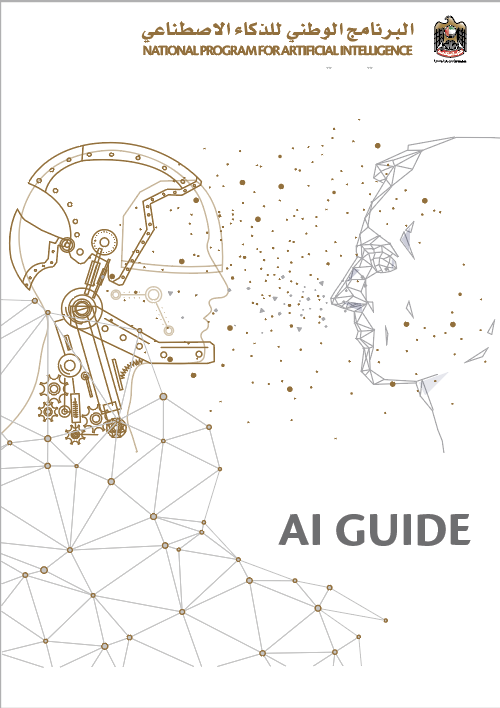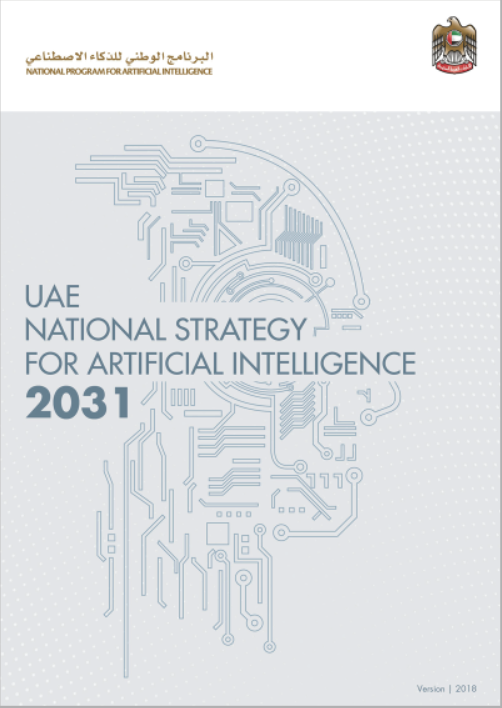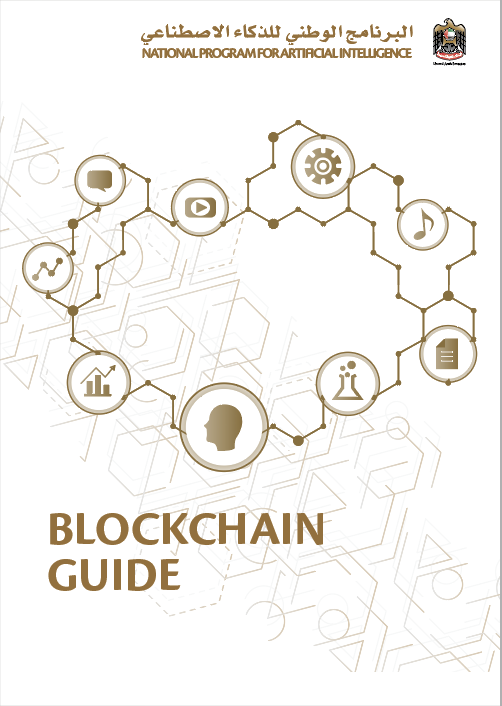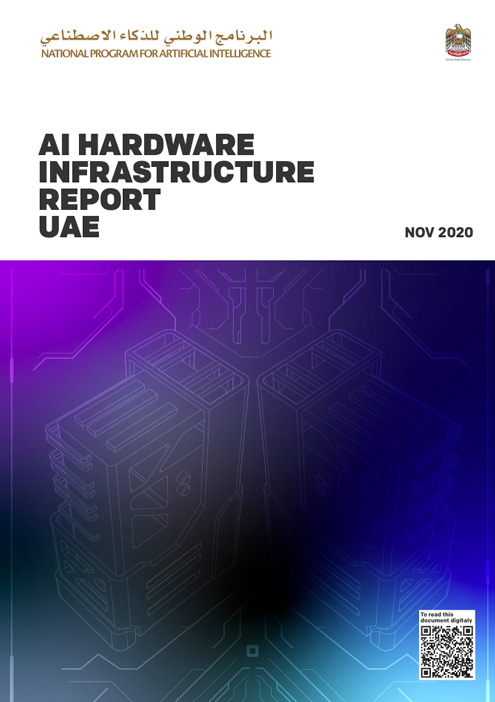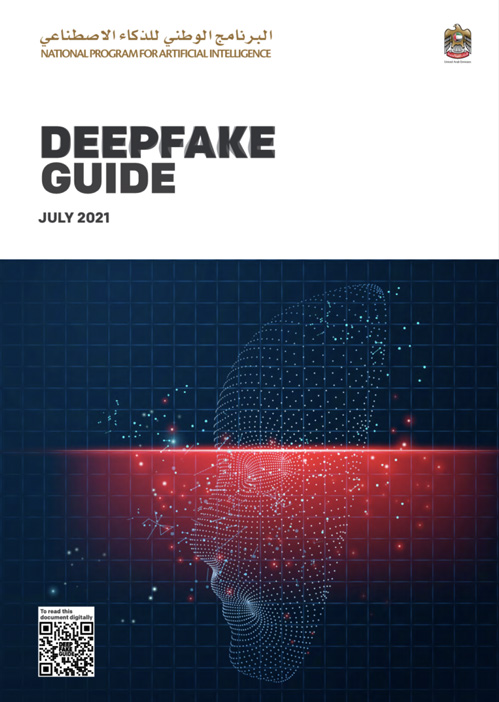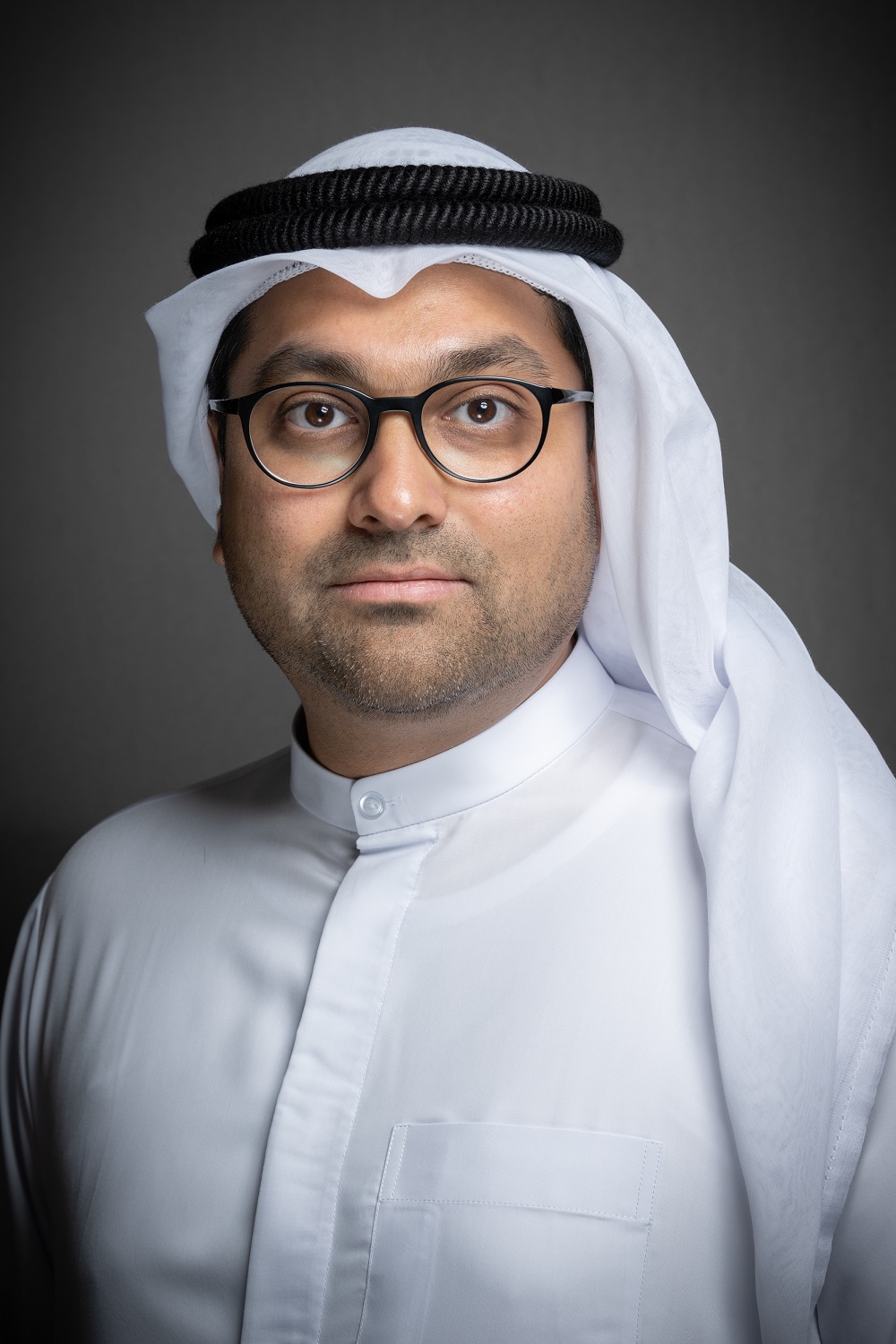
2. Apr
"Machines Can See" brings leading AI minds together at Dubai’s Museum of the Future for round two
WAM
Dubai, 2nd April, 2024 (WAM) -- The 2024 edition of the “Machines Can See” summit, one of the largest professional Artificial Intelligence (AI), Machine Learning (ML) and Computer Vision (CV) summits in the Middle East in collaboration with the UAE’s Artificial Intelligence, Digital Economy and Remote Work Applications office will seeks to facilitate meaningful discussions and share insights and trends in generative AI, computer vision, investment, and education.
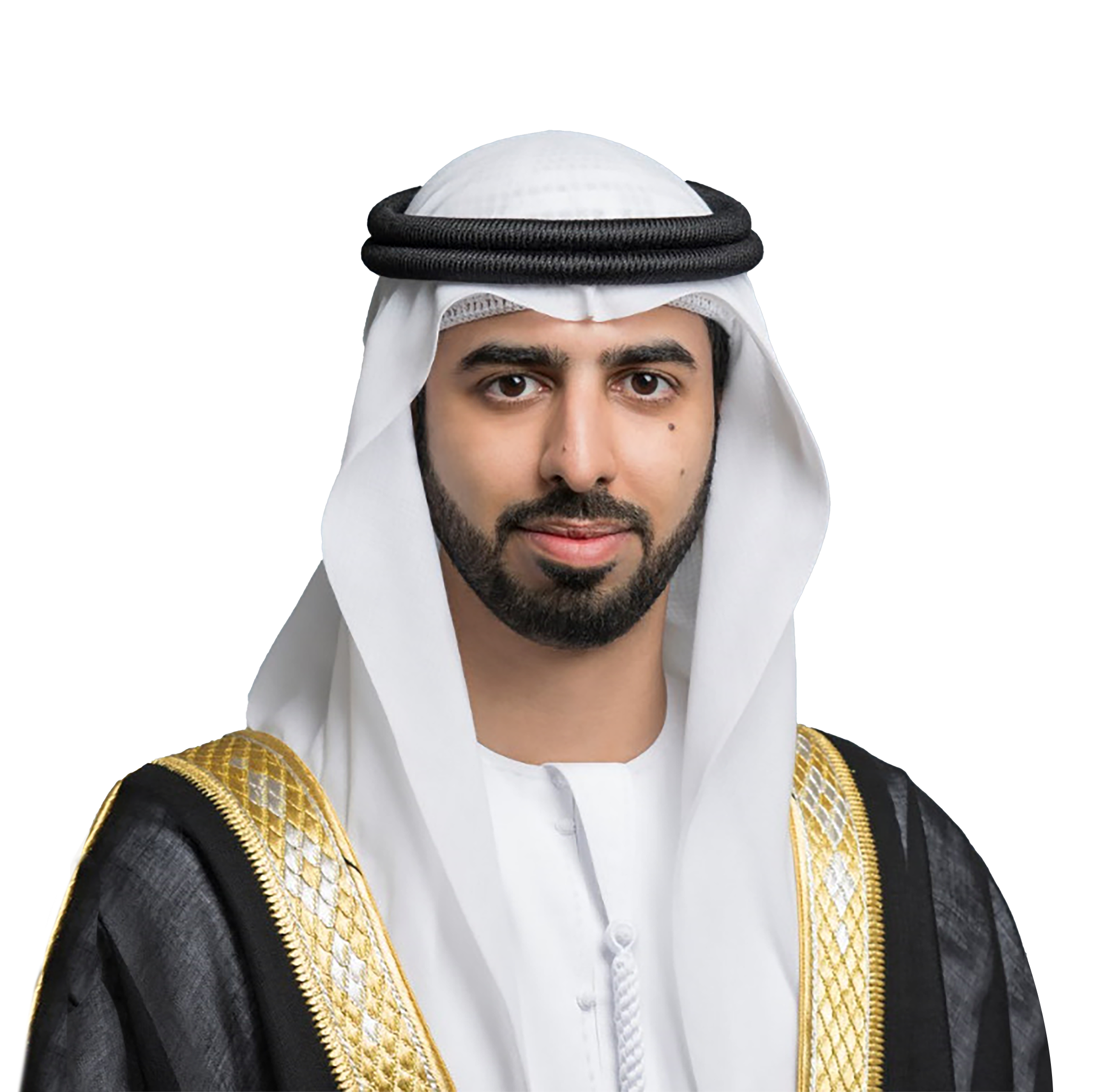
20. Mar
The UAE Council for Artificial Intelligence and Blockchain launches an award to enhance competitiveness in future sectors
WAM
Dubai, 20th March, 2024 (WAM) -- Omar Sultan Al Olama, Minister of State for Artificial Intelligence, Digital Economy, and Remote Work Applications, stated that the UAE government is proactively embracing digital transformation and is dedicated to harnessing the potential of artificial intelligence solutions to empower both individuals and communities, while encouraging their adoption to ensure tangible benefits from these advancements.
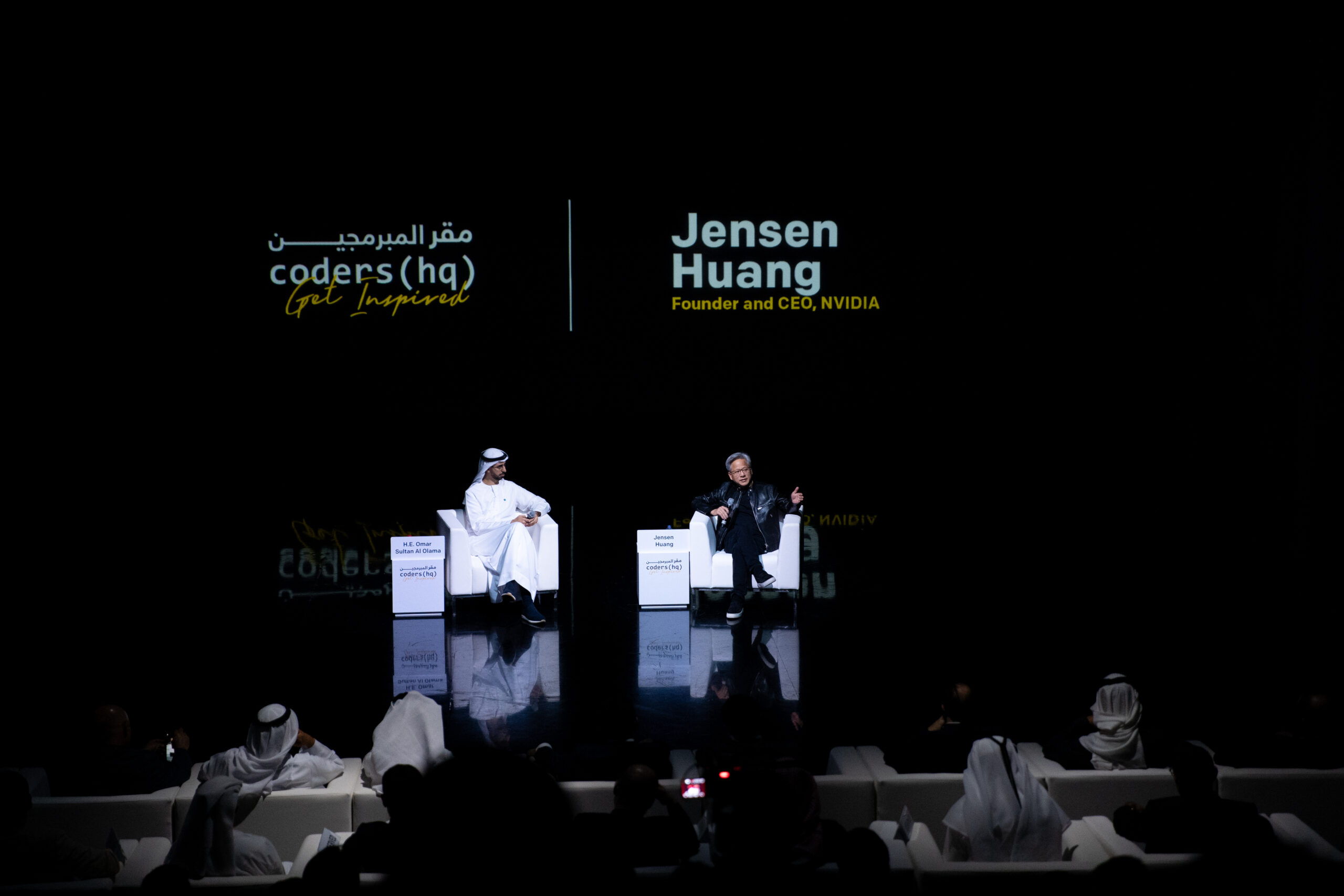
22. Feb
HQ Get Inspired gathers Omar Sultan Al Olama with the CEO of NVIDIA in an inspirational Fireside Chat
Dubai, February 22, 2024: CodersHQ, one of the initiatives of the National Program for Coders, organized “Get Inspired with Jensen Huang, Founder and CEO of NVIDIA”, an inspirational session conducted in collaboration with NVIDIA. The session provided a dialogue aimed at sharing experiences, knowledge, stories, and experiences of the global and local community and achieving maximum benefit possible.
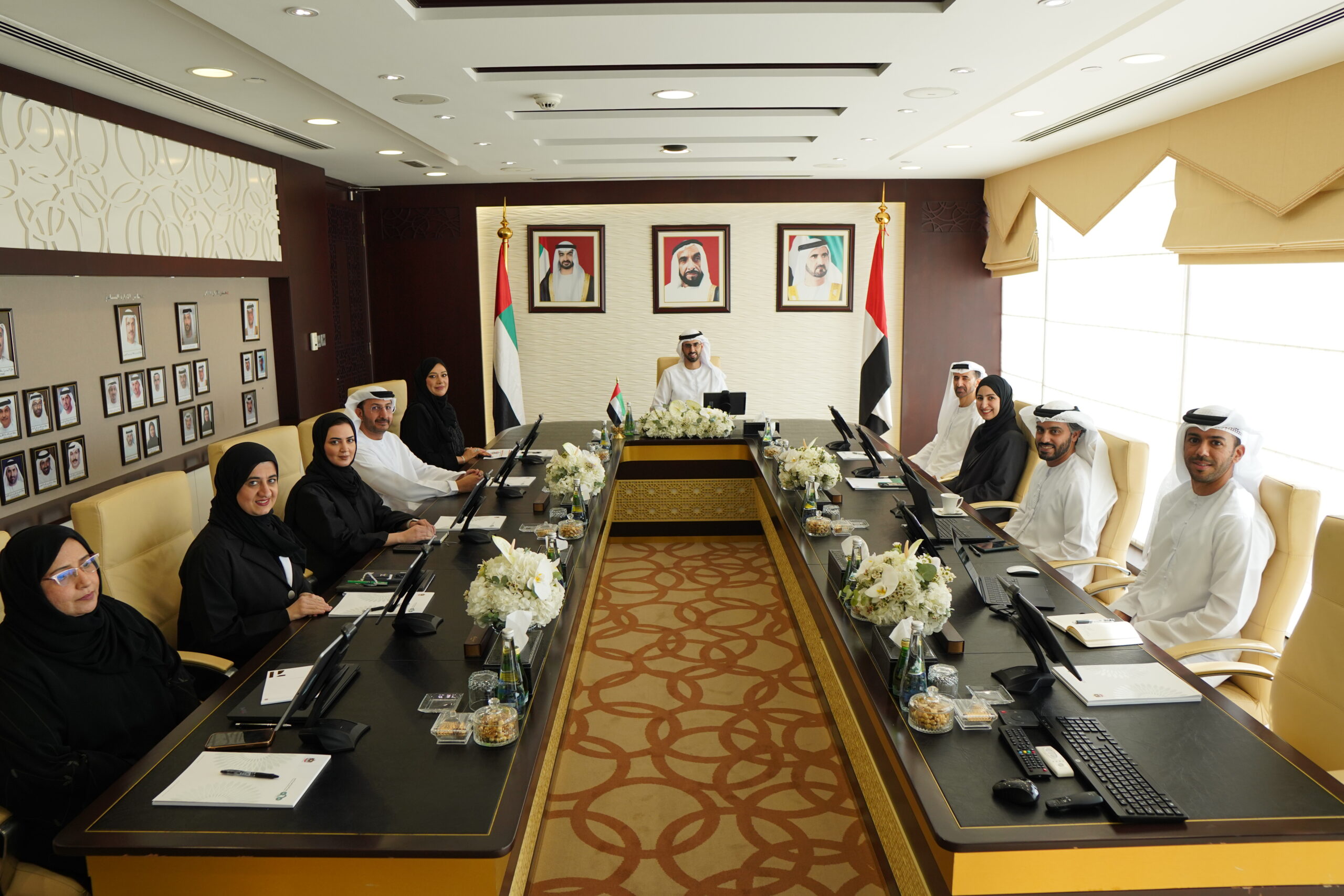
DUBAI, 19th February, 2024 (WAM) -- Omar bin Sultan Al Olama, Minister of State for Artificial Intelligence, Digital Economy, and Remote Work Applications, affirmed that the UAE government adopts a proactive approach based on designing visions and goals, as well as developing and implementing initiatives and projects that lay the foundations of a pioneering digital economy. This economy combines national skills and technological solutions, forming an advanced model that contributes to achieving the targets of the national strategy for the digital economy, by multiplying the contribution of the digital economy to non-oil GDP over the next decade.
Publications
Learn More ᐳ

